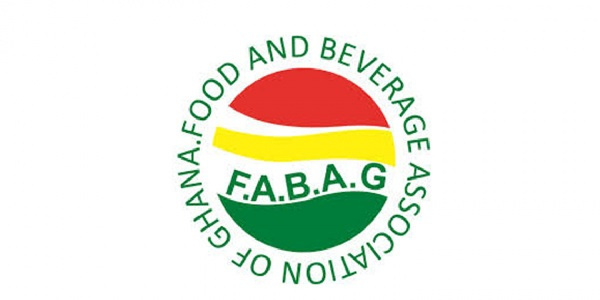The Food and Beverages Association of Ghana (FABAG) has expressed concerns with the three new taxes assented by President Nana Addo Dankwa Akufo-Addo saying the business community will be adversely affected.
It says the president’s assent is not only disappointing but also signals true doom for businesses in Ghana.
The association, which had argued against the passage of the new revenue laws and the President’s subsequent assent is gravely worried about how businesses risk being crippled.
“This is very disappointing because a death warrant has been signed for firms. I will also say it’s a complete contradiction of the mantra of the government on 1D1F. Government has shot itself in the foot because you can’t say you are prompting industry and then come out with taxes that will kill the industry.”
“It is mind blogging the way we run our system. Our system of taxes is not engineered in a way to create room for industry to grow. Issues of industry development remain the same. Nothing has changed and when we talk about promoting industry, you come in with this whole array of taxes that are basically killer, it is shocking”, John Awuni, Executive Chairman of the Food and Beverages Association of Ghana said.
President Nana Addo Dankwa Akufo-Addo has assented into law three new tax bills namely, the Excise Duty Amendment Bill 2022, the Growth and Sustainability Levy Bill, 2022, the Ghana Revenue Authority Bill 2022 and the Income Tax Amendment Bill 2022 after they were passed by parliament.
Information Minister, Kojo Oppong Nkrumah, indicated that the bills have since been returned to the Clerk of Parliament for the final processes to be completed.
John Awuni said on the Point of View on Citi TV on Monday that there isn’t enough to show for the multiplicity of levies the government has enacted.
“The position of decreasing imports by introducing higher taxes has not helped. The only way we can do it is to bring down the prices of goods. We have had increases in utility taxes, VAT, there are exchange rate challenges in addition to other costs and then there are these three duties.”
“In the past, there have been taxes passed by the president but were not implemented, so I am still hopeful that the President will heed to the cry of industry and the ordinary Ghanaians, the call of CSOs and the generality of the Ghanaian public that things are not going well”, he added.

